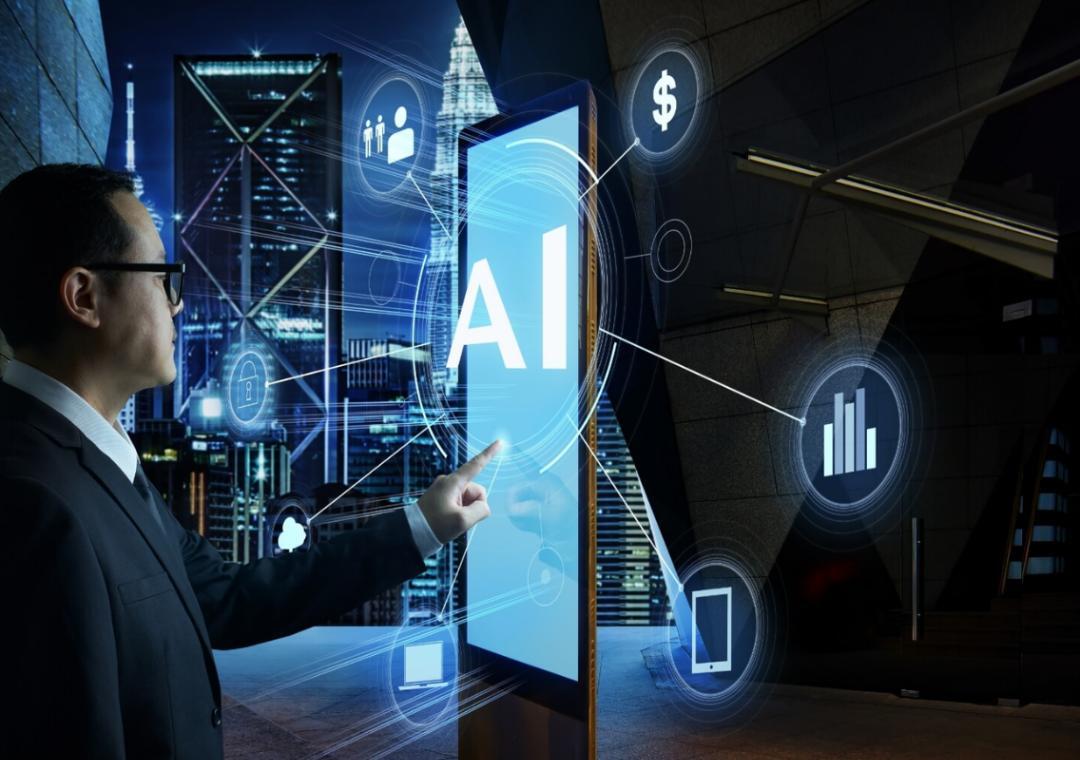
AI & ML now power over 77% of business processes
In today’s digital-first world, staying competitive is no longer just about having a presence online – it’s about embracing the latest technologies to drive innovation, improve efficiency, and enhance user experiences. Artificial Intelligence (AI) and Machine Learning (ML) are no longer futuristic concepts, but operational essentials that have become integral to the way businesses operate.
According to a recent report, over 77% of enterprises now use AI/ML to improve productivity, reduce costs, and personalize user experiences. This shift is not optional; it’s fundamental to staying ahead of the curve and remaining relevant in an increasingly competitive market.
So, what exactly is AI and ML, and why are they so crucial to business success?
What is AI and ML?
Artificial Intelligence refers to the development of computer systems that can perform tasks that typically require human intelligence, such as visual perception, speech recognition, decision-making, and language translation. AI systems can learn from data, recognize patterns, and make predictions or recommendations.
Machine Learning, on the other hand, is a subset of AI that enables systems to learn from data without being explicitly programmed. ML algorithms can analyze vast amounts of data, identify relationships and patterns, and make predictions or decisions based on that analysis.
How is AI/ML important to businesses?
The importance of AI/ML in business cannot be overstated. Here are just a few ways in which these technologies are being used to drive success:
- Automating customer support: AI-powered chatbots are revolutionizing customer service by providing 24/7 support, answering frequent questions, and routing complex issues to human representatives.
- Real-time fraud detection: ML algorithms can analyze vast amounts of data in real-time to detect suspicious transactions and prevent fraud, reducing losses and improving customer trust.
- Predictive maintenance: AI-powered systems can analyze sensor data to predict equipment failures, reducing downtime and improving overall efficiency.
- Personalization: ML algorithms can analyze customer behavior and preferences to offer personalized recommendations, improving customer satisfaction and loyalty.
- Supply chain optimization: AI-powered systems can analyze vast amounts of data to optimize supply chain operations, reducing costs and improving delivery times.
- Cybersecurity: AI-powered systems can detect and respond to cyber threats in real-time, reducing the risk of data breaches and improving overall security.
- Marketing automation: AI-powered systems can analyze customer data to create targeted marketing campaigns, improving conversion rates and reducing waste.
The benefits of AI/ML adoption
So, what are the benefits of adopting AI/ML in your business? Here are just a few:
- Improved productivity: AI/ML can automate repetitive and time-consuming tasks, freeing up staff to focus on higher-value activities.
- Reduced costs: AI/ML can help reduce costs by optimizing operations, improving efficiency, and reducing waste.
- Enhanced customer experiences: AI/ML can help businesses provide personalized experiences, improving customer satisfaction and loyalty.
- Competitive advantage: Early adopters of AI/ML can gain a competitive advantage by improving efficiency, reducing costs, and enhancing customer experiences.
The future of AI/ML in business
As AI/ML continues to evolve, we can expect to see even more innovative applications in the future. Some of the trends to watch include:
- Explainable AI: As AI becomes more pervasive, there is a growing need for explainable AI that can provide insights into its decision-making processes.
- Edge AI: With the increasing use of IoT devices, Edge AI will play a critical role in processing data in real-time, without the need for cloud-based processing.
- Human-AI collaboration: As AI becomes more autonomous, there will be a growing need for human-AI collaboration to ensure that AI systems are used wisely and ethically.
Conclusion
In conclusion, AI and ML have become operational essentials for businesses, with over 77% of enterprises already adopting these technologies. The benefits of AI/ML adoption are clear, from improved productivity and reduced costs to enhanced customer experiences and competitive advantage. As AI/ML continues to evolve, it’s essential for businesses to stay ahead of the curve and adopt these technologies to remain competitive in a digital-first world.
Source:






